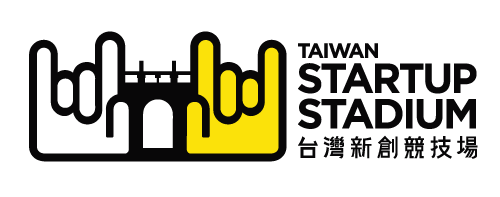Jerry Yang, Kai-Fu Lee, Steve Chen: what do they have in common?
They are all top-tier Silicon Valley stars who were born in Taiwan.
Taiwan has been well known for manufacturing semiconductor for decades. The world’s largest pure-play foundry counts some of the top fabless companies such as Apple, Qualcomm, Nvidia and Advanced Micro Devices as its customers.
At present, most tech giants in Taiwan are still hardware companies. Industry observers note that these manufacturers are “earning money for foreign businesses” since they supply electronic components to global tech giants instead of building their own brands.
To stimulate the development of technology innovation and entrepreneurship, Taiwan’s government has launched the “HeadStart Taiwan” project and other startup-related schemes. Their goal is three-pronged: connect local startups with global markets, attract venture capital, and lure foreign talents by easing regulatory barriers.
In line with the first objective, pioneering startups can seek help from the Taiwan Startup Stadium (TSS), a government-funded coaching center. It prepares qualifying startups for going global through mentorship, expert talks, boot camps, workshops and overseas immersion programs.
TSS also sponsors local startups to join international tech conferences, including TechCrunch Disrupt in San Francisco, NYC Media Lab Summit in New York, Echelon Asia Summit in Singapore and RISE Conference in Hong Kong.
Through these events, young local entrepreneurs can promote their expertise and gain media exposure worldwide.
For the more adventurous ones, the Taiwan Innovation and Entrepreneurship Center is a place they can tap overseas resources. It was established in Silicon Valley in 2015 to aid startups from Taiwan to get a foothold in the world’s premier tech hub.
As for financial support, startups with high added value can apply for the Taiwan Silicon Valley Technology Fund. The government has collaborated with foreign venture capitalists to invest in early-stage startups in the fields of biotechnology, pharmaceuticals, medical devices and diagnostics. The fund is expected to raise US$300 million in three years.
Local tech powerhouses, including Foxconn, Inventec, MediaTek, Acer and HTC, have also committed to fostering Taiwan-based startups. Foxconn, for example, has invested millions of US dollars in startups developing mobile authentication, cloud computing, location-based services and educational gaming software.
Human resources are the key to a thriving startup ecosystem. To retain global talents, a bill has been drafted to ease regulations on visas, work permits, taxes and residency for foreign professionals on the island.
However, the bill has received pushback from legislators who worry that the prolonged employment-seeking visitor visas may import low-paid white-collar workers instead, especially when Taiwanese teenagers are already facing cut-throat competition in the local labor market.
While the controversial bill is still pending approval from the Legislative Yuan, it will be more constructive and sustainable for the government to continue cultivating local talent through education in the long run.
Some say entrepreneurship can only be self-taught, which is an arguable point. But one thing is certain: an innovative mind cannot be nurtured by standardized learning and exams.
Any place that aims to become the next Silicon Valley should establish a university with a risk-taking culture as could be found in Stanford and other great incubators of talent and creativity.
Written by Hui Wai Yu



